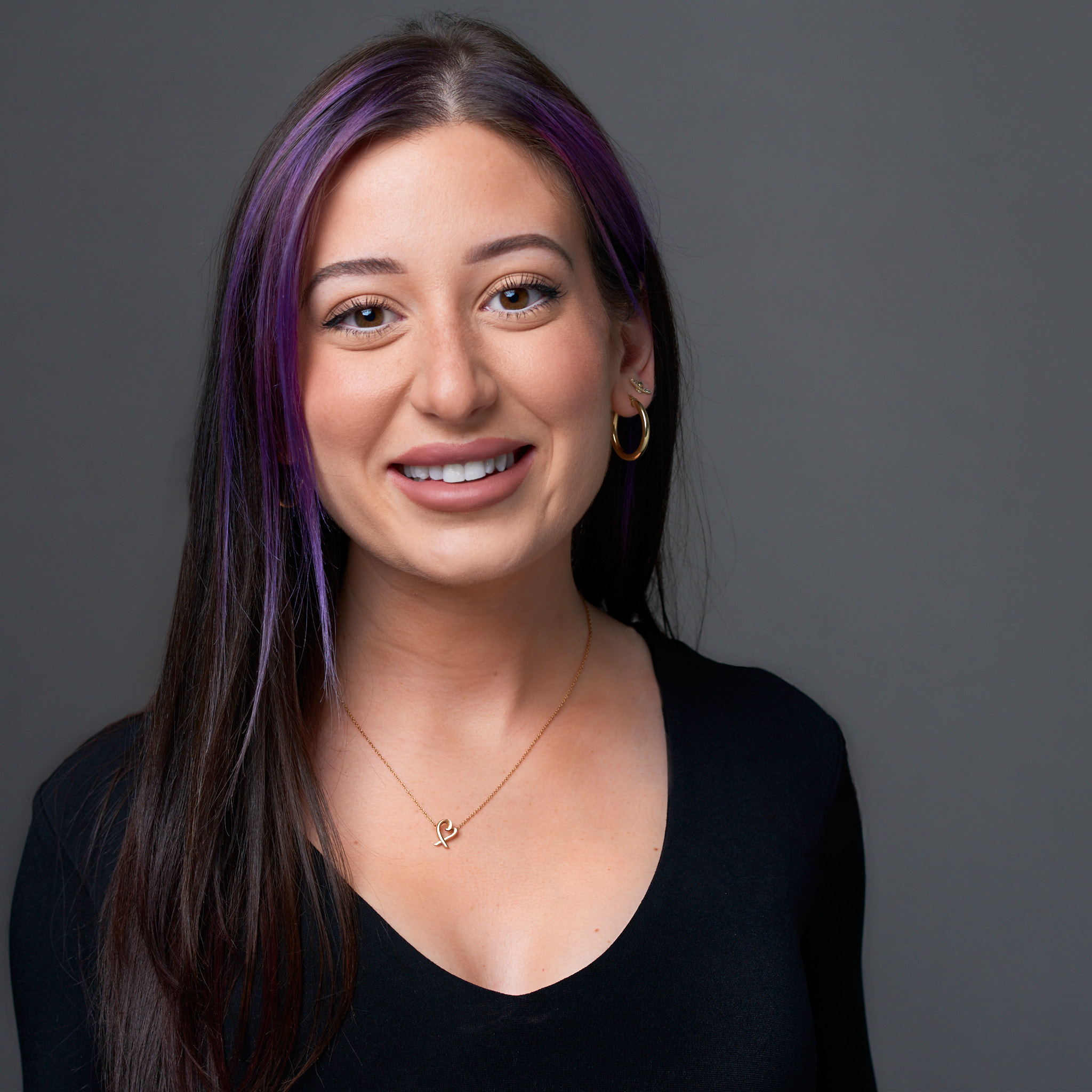
PACT Support at Ellenhorn
Ellenhorn, the most robust community-integration program in the United States, serves each client in their own home or community via the Program for Assertive Community Treatment (PACT) model of service. PACT, introduced in the 1970s, is now considered the evidence-based best practice for serving individuals with complex psychiatric needs—and rightly so.
Our intensive multidisciplinary program, an effective and humane alternative to residential or hospital levels of care, is often referred to as a “hospital without walls.” Our individualized treatment approach combines psychosocial rehabilitation, medical/psychiatric care and a focus on physical wellness. From day one, we work toward each client’s reintegration into the community, reengagement with life and rediscovery of a sense of purpose and hope. We believe that psychiatric recovery and a person’s recovery of their sense of self and connection to others go hand in hand.
That being said, we understand that the struggle with addictive habits and disruptive events of mind and mood does not end at 5 p.m., which is why Ellenhorn provides outreach services well into the evening and on weekends, and has clinical staff available 24 hours a day to respond in person to crises. The majority of our evening and weekend care is provided by our PACT Support team, who work in tandem with our clinical staff. Here to share some details of this provision is Ellenhorn Director of PACT Support, Miranda Levy.
To start, can you tell us what you consider some of the best features of Ellenhorn’s PACT model?
“We are a multidisciplinary team, which means we take the best of traditional PACT work and add to it. By utilizing interventions like expressive-arts therapy, mentalization practices, occupational therapy, open dialogue and so much more, we are able to operate as a ‘hospital without walls.’ This means that we go directly to our clients in their homes and in the community, which allows everyone we work with to maintain their independence and remain connected to the world—all while receiving the highest standard of psychiatric care.”
Tell us about PACT Support.
“One of the things that makes the PACT model so effective, and one of the factors that makes it like a hospital without walls, is the fact that care continues after business hours. Here is where PACT Support comes in. We’re the members of the PACT team who continue the work of helping individuals to preserve their current lifestyle and sense of independence long after typical business hours. By providing support in the evenings and on weekends we allow our clients to retain their autonomy while working toward their clinical and social goals.”
What role does communication play in the PACT program and in assuring that each client’s care is seamless?
“We recognize how important clear and effective communication is in providing meaningful clinical care—which is exactly why we designed PACT Support to be an extension of a client’s clinical team, rather than a separate entity. As such, communication is cohesive among all team members. PACT Support, like the rest of the PACT team, provides prompt updates and detailed clinical notes to assure that everyone is on the same page while we continue to work together toward each client’s goals. When it comes to PACT Support, communication is what allows us to provide seamless care.”
Why do you consider PACT Support such a vital part of the PACT program?
“Many individuals who are seeking psychiatric resources find the evenings and weekends particularly challenging. They can get lonely and feel unsettled without routine support. Our PACT Support team is passionate about mental health and able to bridge these gaps between clinical services by offering care outside the scope of regular hours. It’s so important that our clients do not feel isolated. When it comes to PACT Support, creativity is key. We work collaboratively with our clients to ensure that they feel supported no matter the situation. Whether that means going grocery shopping with them, helping them get to appointments on time, attending an activity together or simply sharing a conversation over a cup of coffee—we do it all. The most valuable parts of the PACT Support program are the meaningful relationships that are formed. I feel that these relationships play an integral role in instilling our clients with hope, and I consider it an honor to help bring PACT Support to Ellenhorn clients across the country.”

